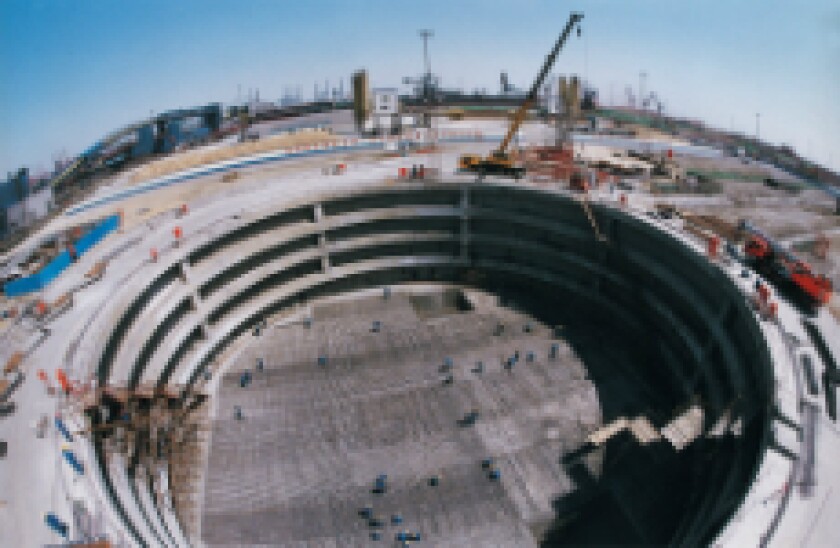Kaisa Group Holding, which last week defaulted on a HK$400m ($51.6m) loan, was due to pay the 10.25% coupon of a $500m 2020 bond by midnight on January 8.
The company was yet to make the payment as GlobalCapital Asia went to press and there was little expectation that the Shenzhen-based company would do so. If Kaisa misses the payment, it still has a 30-day grace period in which to pay investors.
“My bet is that it will not be able to make that payment and a few of the accounts I’ve spoken with that own those bonds have all said they are now waiting for the debt management process to kick in,” said a Hong Kong-based head of DCM.
While high yield bond defaults are quite common in developed markets, they are exceedingly rare in China.
Asia Aluminum Holdings, Titan Petrochemicals and LDK Solar are some of the very few to have undergone offshore debt restructurings. Domestically it happened only for the first time in March last year, with Chaori Solar.
Healthy event
“This [potential default] is actually a healthy event because it’s all part of the normalisation of the Chinese bond market and making it more in-line with what is happening globally,” said Andy Seaman, chief investment officer at Stratton Street. “Defaults in high yield bonds are not uncommon. The trick is to calculate whether the coupon of these bonds is enough to cover for the potential defaults.”
Jason Elder, a Hong Kong-based partner of Mayer Brown JSM, said Kaisa's potential default was only part of the story. “I think the main focus should be how the event will be handled if a debt restructuring is to occur,” he said. “This would be a test case for restructuring debt related to the Chinese property sector, which is a very big part of the Asian high yield bond market, so there’s obviously a lot at stake here.”
If a debt restructuring were to be completed in a transparent manner that offshore investors felt was fair, then the fallout and impact on the structure of Chinese high yield bonds from this event could be minimal, Elder said.
But if the restructuring fails to provide information to offshore investors or treat their interests fairly, then there could be an erosion of investor confidence in Chinese property names, which would not be good for a sector where there is plenty of refinancing to be done.
Chinese property represents more than 40% of Asia’s high yield bond market, which has around $12.4bn of bonds maturing or callable this year.
“What’s got everyone worried right now is that almost all of these Chinese property bonds are done in the offshore holdco structure," said a credit analyst. "It is unclear how much offshore investors will be able to recover based on current Chinese regulations, which are murky to say the least."
Loans bankers echoed the analyst’s views. A Taiwanese banker said that one way to provide an extra layer of comfort would be to have interbank agreements among onshore and offshore banks, laying down the recourse available to offshore lenders.
How it all began
The latter event triggered a mandatory prepayment provision for a HK$400m loan with HSBC, and the company’s woes were compounded when the partners of two of its urban redevelopment projects in Longgang terminated their agreements with Kaisa. The partners also demanded an immediate refund of Rmb1.2bn ($195m) on the same day.
Kaisa announced a day later that it had failed to repay the HSBC loan and its credit rating was slashed to Caa3 and SD by Moody’s and S&P, respectively, on January 5. Its credit rating before the revision was B3 and BB-.
The company has around $2.5bn of offshore bonds outstanding, which include RMB-denominated convertible bonds.

